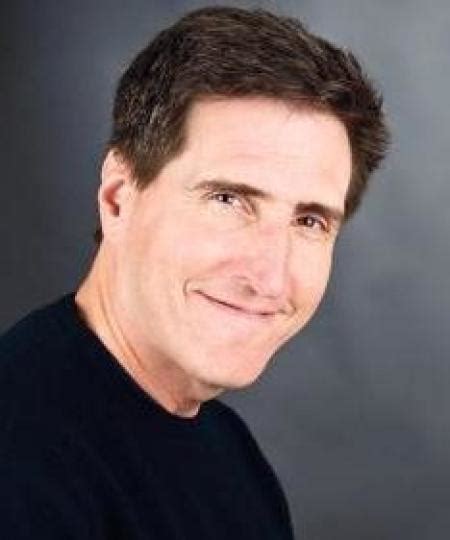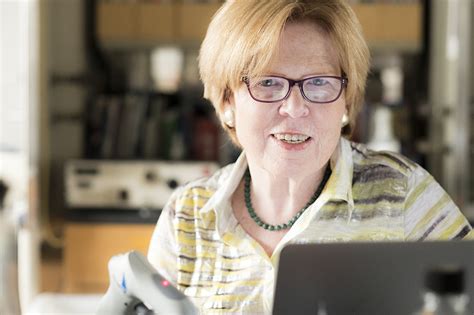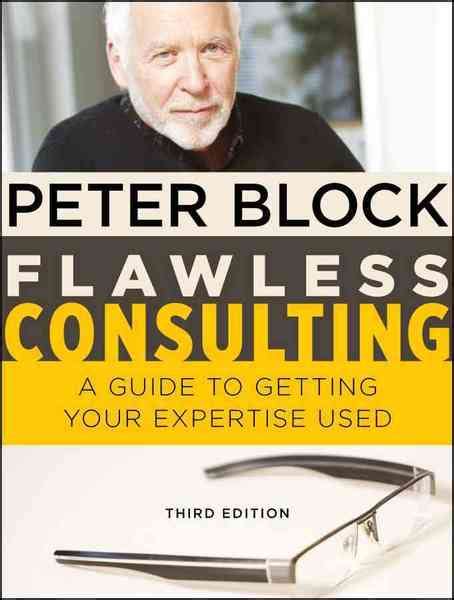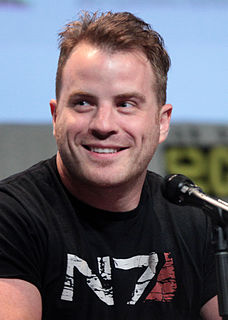A Quote by Flannery O'Connor
Ours is the first age in history which has asked the child what he would tolerate learning.
Related Quotes
My father is a real idealist, and he's all about learning. If I asked for a pair of Nikes growing up, it was just a resounding 'No.' But if I asked for a saxophone, one would appear and next day and I'd be signed up for lessons. So anything to do with education or learning, my father would spare no expense.
There is first the problem of acquiring content, which is learning. There is another problem of acquiring learning skills, which is not merely learning, but learning to learn, not velocity, but acceleration. Learning to learn is one of the great inventions of living things. It is tremendously important. It makes evolution, biological as well as social, go faster. And it involves the development of the individual.
Quintilian [educational writer in Rome around A.D. 100] thought that the earliest years of the child's life were crucial. Education should start earlier than age seven, within the family. It should not be so hard as to give the child an aversion to learning. Rather, these early lessons would take the form of play--that embryonic notion of kindergarten.
If it be asked what is to restrain the House of Representatives from making legal discriminations in favor of themselves and a particular class of the society? I answer, the genius of the whole system, the nature of just and constitutional laws, and above all the vigilant and manly spirit which actuates the people of America, a spirit which nourishes freedom, and in return is nourished by it. If this spirit shall ever be so far debased as to tolerate a law not obligatory on the Legislature as well as on the people, the people will be prepared to tolerate anything but liberty.
Imagine a life-form whose brainpower is to ours as ours is to a chimpanzee’s. To such a species, our highest mental achievements would be trivial. Their toddlers, instead of learning their ABCs on Sesame Street, would learn multivariable calculus on Boolean Boulevard. Our most complex theorems, our deepest philosophies, the cherished works of our most creative artists, would be projects their schoolkids bring home for Mom and Dad to display on the refrigerator door.
To be sure, changes in American family structure have been fairly continuous since the first European settlements, but today thesechanges seem to be occurring so rapidly that the shift is no longer a simple extension of long-term trends. We have passed a genuine watershed: this is the first time in our history that the typical school-age child has a mother who works outside the home.
If you try to impose a rigid discipline while teaching a child or a chimp you are working against the boundless curiosity and need for relaxed play that make learning possible in the first place... learning cannot be controlled; it is out of control by design. Learning emerges spontaneously, it proceeds in an individualistic and unpredictable way, and it achieves its goal in its own good time. Once triggered, learning will not stop--unless it is hijacked by conditioning.
Supposing I said there was a planet without schools or teachers, where study was unknown, and yet the inhabitants -- doing nothing but live and walk about -- came to know all things, to carry in their minds the whole of learning; would you not think I was romancing? Well, just this, which seems so fanciful as to be nothing but the invention of a fertile imagination, is a reality. It is the child's way of learning.
In the first three years of life, the foundations of physical and also of psychic health are laid. In these years, the child not only increases in size but passes through great transformations. This is the age in which language and movement develop. The child must be safeguarded in order that these activities may develop freely.






































